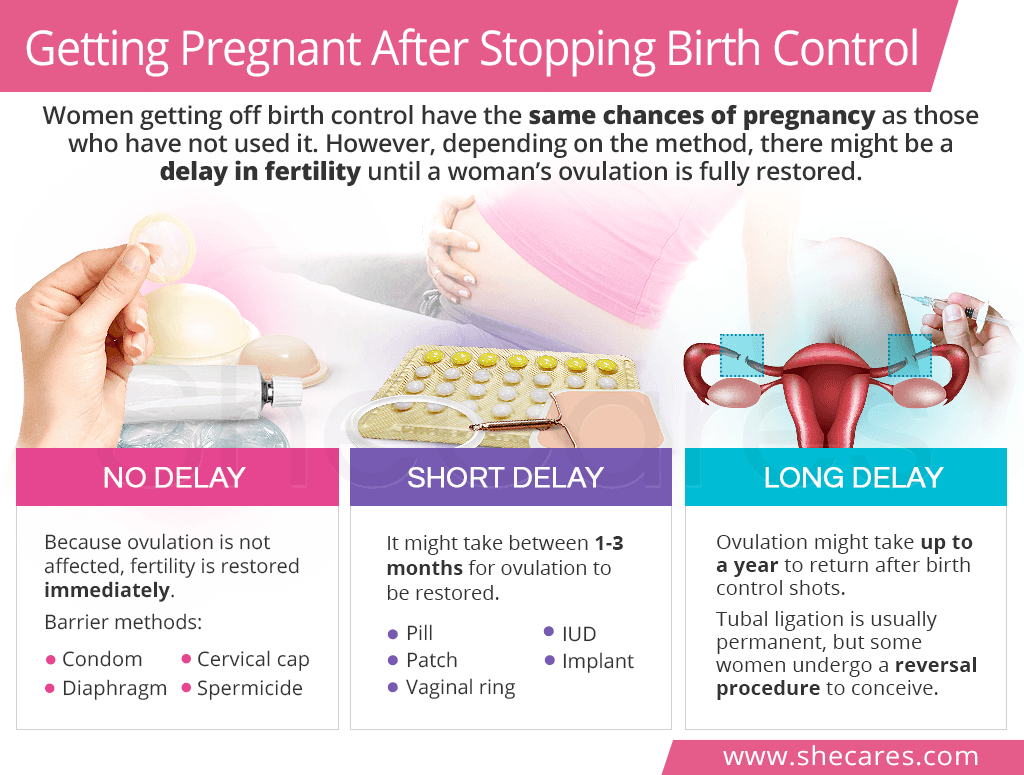
Pregnancy After Birth Control Pills: A Comprehensive Guide
Introduction
Birth control pills are a highly effective method of contraception, but they do not guarantee 100% protection against pregnancy. In fact, some women may experience pregnancy even while taking birth control pills correctly. This article will provide a comprehensive guide to pregnancy after birth control pills, including the likelihood of conception, potential risks, and recommendations for preventing unplanned pregnancy.
Likelihood of Pregnancy
The likelihood of pregnancy after stopping birth control pills varies depending on several factors, including the type of pill, the individual’s age, and their fertility. In general, the risk of pregnancy is highest in the first few months after discontinuing the pill.
- Combined oral contraceptives (COCs): COCs contain both estrogen and progestin. After stopping COCs, ovulation typically resumes within 2-3 weeks. The risk of pregnancy is highest during this time.
- Progestin-only pills (POPs): POPs contain only progestin. After stopping POPs, ovulation may take longer to resume, but it is still possible to conceive within a few weeks.
- Age: Women over 35 have a higher risk of pregnancy after stopping birth control pills compared to younger women.
- Fertility: Women who have difficulty conceiving before taking birth control pills may have a higher risk of pregnancy after discontinuing them.
Potential Risks
Pregnancy after birth control pills may pose certain risks, including:
- Birth defects: Some studies have suggested that women who conceive within the first few months of stopping birth control pills may have a slightly increased risk of certain birth defects, such as neural tube defects. However, the overall risk is still very low.
- Ectopic pregnancy: An ectopic pregnancy occurs when the fertilized egg implants outside the uterus. Women who conceive after stopping birth control pills may have a slightly increased risk of ectopic pregnancy.
- Miscarriage: The risk of miscarriage may be slightly higher in women who conceive after stopping birth control pills compared to women who have not used hormonal contraception.
Recommendations for Preventing Unplanned Pregnancy
To minimize the risk of unplanned pregnancy after stopping birth control pills, consider the following recommendations:
- Use a backup method of contraception: Continue using a backup method of contraception, such as condoms or a diaphragm, for at least the first few months after stopping birth control pills.
- Track your menstrual cycle: Pay attention to your menstrual cycle and use ovulation predictor kits to identify your fertile days. Avoid unprotected intercourse during these times.
- Consider long-acting reversible contraception (LARC): LARC methods, such as intrauterine devices (IUDs) and implants, are highly effective and long-lasting options for preventing pregnancy.
- Consult your healthcare provider: Discuss your plans for pregnancy with your healthcare provider. They can provide personalized guidance and recommend the best contraception options for your individual needs.
When to See a Doctor
If you have stopped taking birth control pills and are concerned about the possibility of pregnancy, see your healthcare provider for a pregnancy test. It is also important to seek medical attention if you experience any of the following symptoms:
- Missed period
- Spotting or bleeding
- Abdominal pain
- Nausea or vomiting
- Dizziness or fainting
Conclusion
Pregnancy after birth control pills is possible, but the likelihood varies depending on individual factors. While there are potential risks associated with conceiving soon after stopping birth control pills, these risks are generally low. By following the recommendations outlined in this article, you can minimize the risk of unplanned pregnancy and ensure a healthy pregnancy if you choose to conceive. It is always advisable to consult with your healthcare provider for personalized guidance and support.